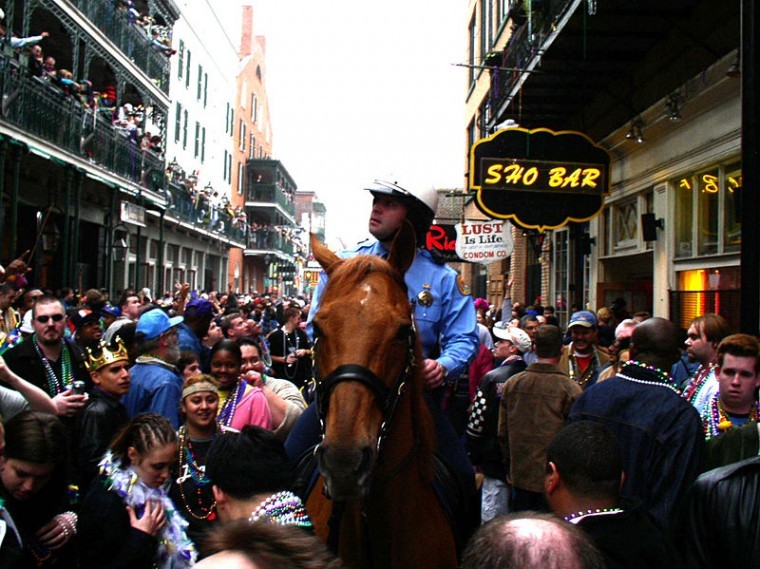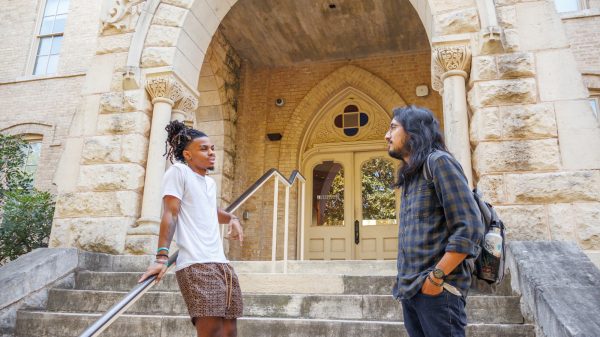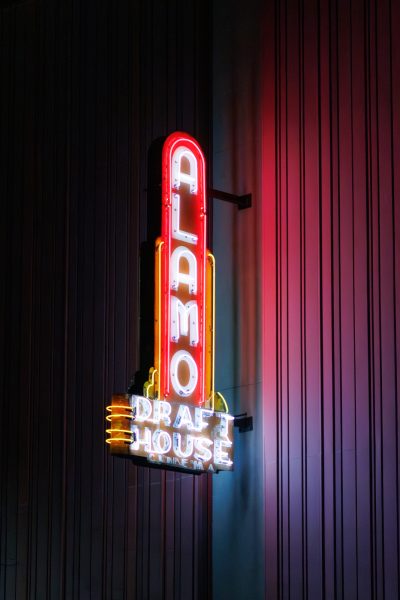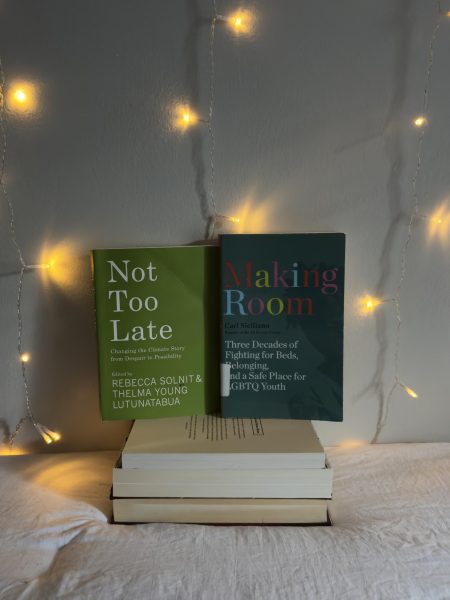Aggressive street solicitation: free speech or verbal attack?
Last October, New Orleans passed an ordinance forbidding “aggressive solicitation” on Bourbon Street after dark. The ordinance forbade people from loitering or congregating on Bourbon Street with the purpose of delivering any social, political or religious messages between sunset and sunrise. Violating this ordinance was punishable by up to six months in jail and a $500 fine.
This ordinance was brought to national attention after several pastors were arrested earlier this month for preaching at Southern Decadence, an annual weekend long festival that celebrates the LGBTQ community. Since those arrests, two federal lawsuits have been filed by the individuals who were arrested.
A federal judge recently ruled to temporarily block the ordinance, but the councilwoman who sponsored the ordinance defended it even after the controversial arrests were made, stating that the ordinance was put in place as a public safety measure to aide with crowd control, according to the Huffington Post.
The ordinance was originally proposed by residents and business owners of the French Quarter, where Bourbon Street is located, to curtail the harassment and intimidation of residents and tourists, which has become a problem on Bourbon Street. Such “aggressive solicitation” has driven customers away from local business and made residents feel uncomfortable and unwelcome in their own neighborhood.
The fact of the matter is that the ordinance is undeniably unconstitutional. It violates freedom of speech and the right to assembly that are guaranteed to American citizens in the Bill of Rights. However, that does not mean that aggressive solicitation is unproblematic. The problems that these divisive demonstrations create are the reasons why residents and business owners felt they needed this ordinance.
The issue of aggressive solicitation is not just confined to New Orleans’ Bourbon Street. Similar demonstrations happen here in Austin, especially on Sixth Street and South Congress Ave. While the demonstrators may not be hateful, it can be annoying or uncomfortable to be asked if you have accepted Jesus Christ as your lord and savior at every street corner.
A much more extreme example is The Westboro Baptist Church, which has attracted national attention by protesting LGBTQ events and funerals of soldiers, among other events. The difficult part is that no one can stop them since their speech, however hateful and disrespectful it may be, is protected by the Constitution.
Even in the best-intentioned cases, these demonstrations can make people feel uncomfortable, unaccepted and even hated. They can harm businesses by driving away much needed customers. In one of the New Orleans lawsuits, a pastor stated that he believes that a great number of the people on Bourbon Street need to be saved, and that it is his duty to spread the gospel. What these demonstrators fail to understand is people on Bourbon Street do not necessarily want to be saved–granted, some might, but most just want to party and not be bothered.
Agressive solicitation can leave people feeling marginalized or even victimized, but there is no way to keep agressive street preaching away from businesses, neighborhoods or even funerals. Communities must choose between keeping people safe from agressive solicitation or freedom of speech and assembly, and it appears that the two have issues coexisting peacefully.






